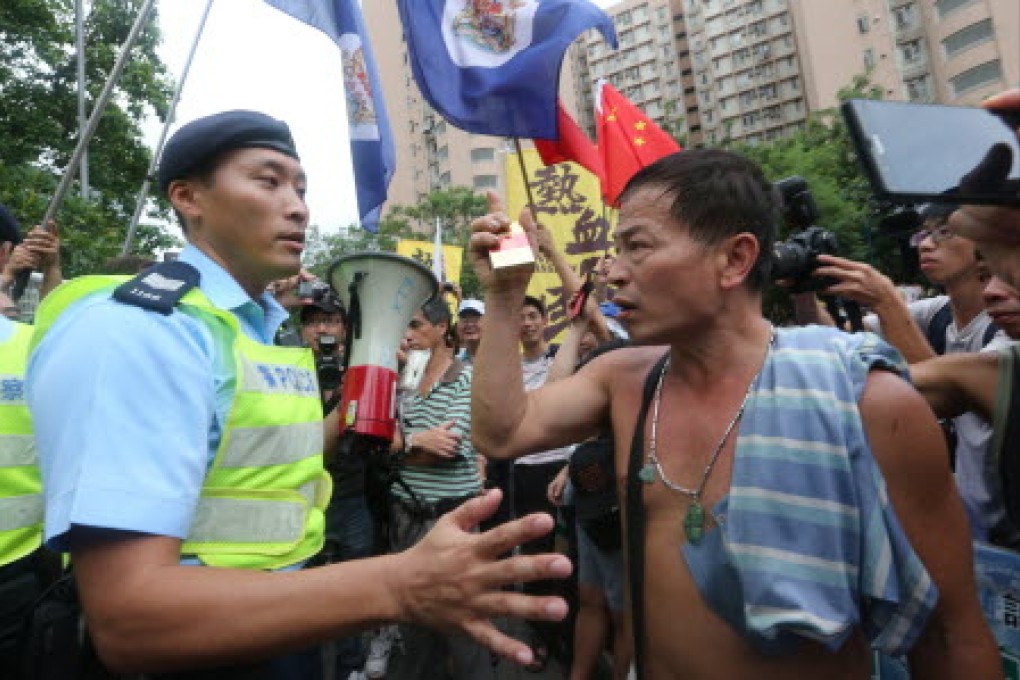Governance in the time of chaos
Regina Ip says the rising cacophony of people's demands in Hong Kong must be moderated by strong, effective leadership, and universal suffrage, though necessary, is certainly no cure-all

Hong Kong people troubled by the raucous confrontations between opposing groups in recent weeks need look no further than the city's history for clues to the origin of the apparent social and political decay.
Not that long ago, Hong Kong was governed under the classic colonial model, with powers concentrated in the hands of the governor and the civil service. Actors in the elite-led, bureaucratic polity observed "degree, priority and place". Democracy was in short supply, but order and stability were not in question.
The advent of a new political order envisioned in the Basic Law changed all that. With each popular election, the voice of the people grew louder. Past bureaucratic practices that had served Hong Kong well - based on legal advice, sound policies, precedents and due process - were turned on their head. Bureaucratic caution, guided by prudent resource considerations and principles of justice and equity, were derided as insensitive to popular needs. Instant, band-aid solutions had to be found to every grievance escalated by a clamorous pressure group.
The recent about-turn by the government on the payment of one-off subsidies to tenants in factory buildings illegally converted into subdivided residential units is a case in point. By a tweak of the legal advice, and semantic tricks, payment of subsidies hitherto rejected as encouraging illegal practices is handed on a plate to the needy, irrespective of legality, priority and sustainability. In Hong Kong's more recent history, a more blatant example of the unprincipled disbursement of public funds to curry favour with the crowd cannot be found.
The same upheaval is occurring in other fields of activity in Hong Kong. Elite schools are accused of undermining the educational opportunity of those who are less gifted or well off. In some quarters, equality of opportunity is equated as equalisation of outcomes, and education sought as a leveller. Established status symbols, like exclusive golf or country club membership, are attacked as unfair usurpation of resources which should be used by many in common.
New developments are mocked as destroying the environment and benefiting the rich, and wealth creation is relegated to the status of handmaiden to redistribution. Yet double standards abound - advocates of conservation who pressed for the preservation of nondescript government buildings to protect the memory of our colonial past have no qualms urging the demolition of heritage buildings associated with the rich.
The problem is a loss of appreciation of what truly constitutes the Hong Kong spirit, or the Hong Kong lifestyle that drafters of the Basic Law sought to preserve. If recent public demonstrations - during which the demonstrators pulled out all the stops to abuse the police and provoke angry responses - are anything to go by, it would appear that Hong Kong people have lost their sense of decency, respect for hard work and professional standards, and tolerance of other's rights and freedoms - a complete betrayal of the democratic values that many self-styled champions of democracy professed to support.